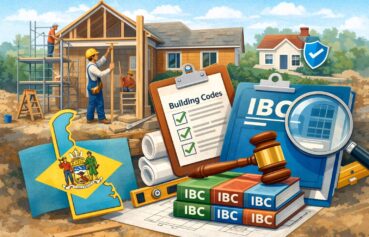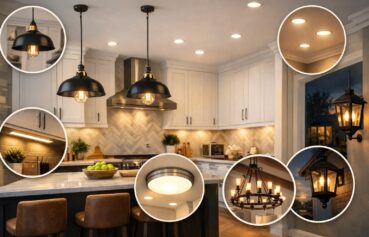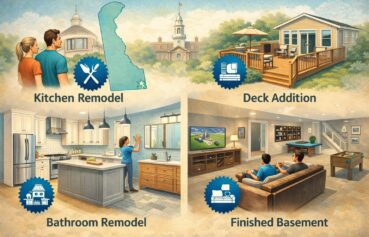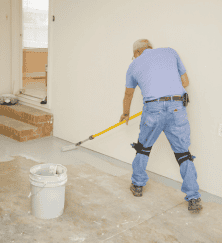Delaware Home Renovations Experts
302 Remodeling Services for Kitchens, Baths, and Whole Home Transformations
Welcome to 302 Renovations
Delaware Trusted Contractors for Home, Kitchen and Bathroom Renovations
When it comes to transforming your home in Delaware, 302 Renovations stands out as the trusted choice for quality and reliability. Our team of experienced Delaware contractors specializes in home renovations, kitchen and bath remodeling, and whole-home improvement projects.
We understand that your home is your most valuable asset, which is why we work closely with you from concept to completion—making your vision a reality. Whether you want to modernize your kitchen, refresh your bathroom, or undertake a complete home renovation, our 302 remodeling services are designed to exceed your expectations with expert craftsmanship and attention to detail.
Discover how our kitchen and bath remodeling in Delaware, as well as our whole-home renovation solutions, can breathe new life into your living space:
- Custom Kitchen Renovations
- Beautiful Bathroom Makeovers
- Complete Home Remodeling Services
- Licensed And Insured Delaware Contractors
Refresh, Renovate, Reimagine—Expert Craftsmanship Guaranteed
Contact Us Now For Your Custom Renovation Quote!
Service We Provide

Product & Services from Trusted Delaware Contractors for Home Upgrades
302 Renovations is your go-to partner for high-quality home upgrades and expert remodeling services in Delaware. Our experienced team of contractors is dedicated to elevating homes across Wilmington and beyond, delivering exceptional craftsmanship and personalized solutions for every project.
Whether you’re looking to refresh a single room or completely transform your living space, we bring creativity, attention to detail, and a customer-first approach to every renovation. With 302 Renovations, your home is in the hands of trusted professionals who care about your satisfaction and the lasting value of your investment.

Bathroom Remodeling
Transform your outdated bathroom into a relaxing retreat with custom designs, quality fixtures, and beautiful finishes.

Whole Home Renovations
Reimagine your entire living space with seamless upgrades, modern layouts, and cohesive style throughout your home.

Premium Customer Service
From your first consultation to final walkthrough, enjoy clear communication, reliable timelines, and dedicated support every step of the way.

Kitchen Remodeling
Create the kitchen of your dreams with functional layouts, stylish cabinetry, premium countertops, and efficient appliances.
From Inspiration to Installation—We Handle It All!
Start Your Home Improvement Journey With A Free Consultation!
Why Delaware Homeowners Trust 302 Renovations for Remodeling Excellence
Delaware homeowners turn to 302 Renovations for their remodeling projects because of our unwavering dedication to quality, transparency, and customer satisfaction. As leading Delaware contractors for home renovations, we have built a reputation for exceeding expectations—whether we’re completing a modern kitchen renovation, transforming a bathroom, or managing whole home improvements.
Our 302 remodeling services are tailored to your vision, ensuring that every detail reflects your unique style and the practical needs of your family. We guide you through each step, from planning to project completion, with open communication and a commitment to delivering results on time and within budget.
What truly sets 302 Renovations apart is our blend of experience, innovation, and personalized care. Our Wilmington DE renovations services use only the highest quality materials and the latest techniques to create spaces that are beautiful, functional, and built to last. We take pride in making home renovations stress-free and enjoyable, so you can relax while your dream space takes shape. Homeowners across Delaware rely on us for:
- Expertise In Kitchen And Bath Remodeling In Delaware
- Full-Service Whole Home Renovations
- Custom Designs And Meticulous Craftsmanship
- Trusted, Licensed, And Insured Delaware Contractors
- Transparent Project Management With Regular Updates
- Flexible Scheduling And Minimal Disruption


Our experience with 302 Renovations was fantastic from start to finish. The kitchen and bath remodeling in Delaware that they did for us exceeded our expectations in every way—plus, the team kept everything on schedule.
We wanted a bathroom remodeling project that would add value and comfort to our house. 302 Home Improvement delivered exactly what we envisioned, and the quality of their craftsmanship really shows.
302 remodeling services made our whole home renovation so much easier than expected. The team was communicative, respectful, and always on time. Our Wilmington DE home now feels brand new, thanks to their hard work and expertise.
After searching for reliable Delaware contractors for home renovations, I’m so glad I chose 302 Renovations. They transformed our outdated kitchen and bathroom into modern, beautiful spaces. The attention to detail was incredible!
Merchant Services And
Credit Card Processing Blog






















